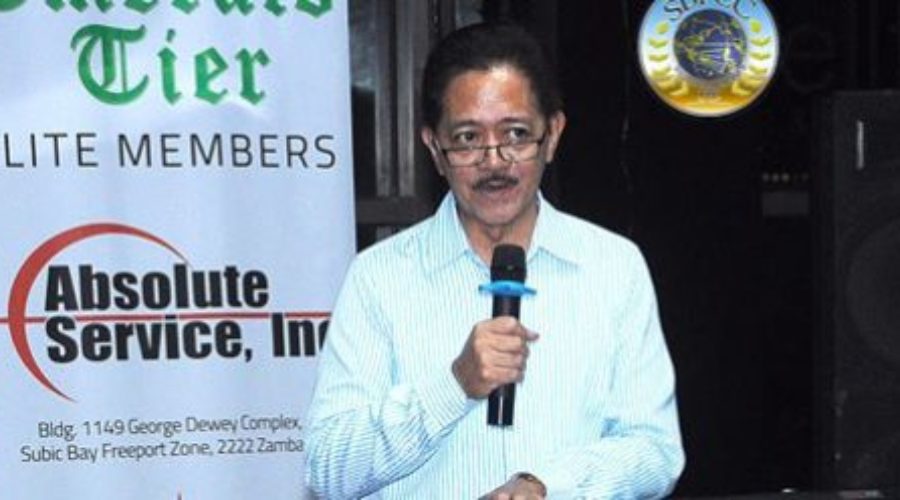Danny Piano, president of the Subic Bay Freeport Chamber of Commerce, said the reduced tax incentives will raise the cost of doing business even inside special economic zones.
The package removes the preferential tax rate of 5 percent on gross income earned (GIE) after so a certain number of years and would slap locators with the regular, albeit reduced from 30 percent to 20 percent, corporate income tax (CIT) rate.
Piano said Subic locators which mainly export their products do not have the elbow room to adjust their prices in the international market in order to make up for the increased operation cost when the freeports’ incentives are revised.
“(Locators) will not be able to compete. They cannot raise prices because if they do so, their products will not be competitive to other countries’ similar products,” said Piano.
Piano said local government units (LGUs) would also suffer because they get part of the locators’ taxes.
Three percent of the 5 percent tax on GIE paid by ecozone locators is remitted to the national treasury and the rest to the LGU which hosts the ecozone and its environs.
Piano said in a recent meeting, Sen. Koko Pimentel expressed surprise over the “unintended consequence” of the measure and on LGUs.
Piano said freeport locators are proposing to make the “sunset provision” on the incentives 10 years from the proposed five, three or two years depending on the industry.
Piano said that while the measure may look attractive from outside a freeport business’ perspective — with 95 percent of businesses in the Philippines operate outside ecozones — the public should also consider the job-generating potential of ecozone locators.
“You cannot say that a company will not move from the Philippines because it has already spent so much for its operation. A business looks long term, it’s not one, two, or three years. If they can save in the long run, why won’t they leave?,” Piano said.






